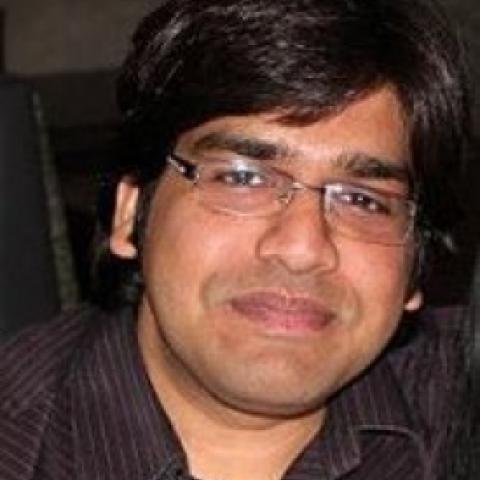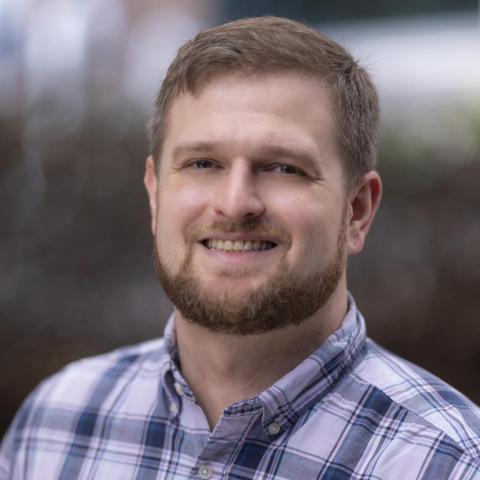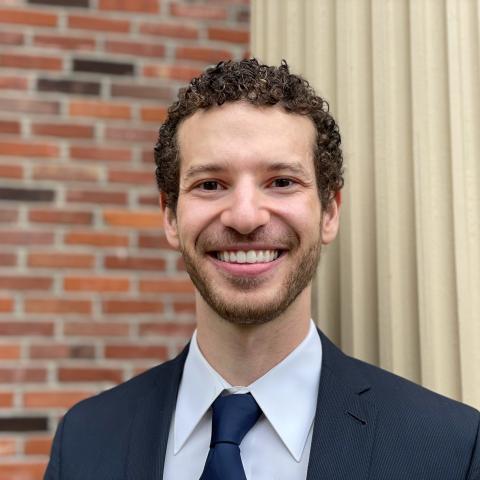Vinayak Agarwal

Vinny is an Assistant Professor at Georgia Tech with joint appointments at the School of Chemistry and Biochemistry and School of Biological Sciences.
A majority of antibiotics and drugs that we use in the clinic are derived or inspired from small organic molecules called Natural Products that are produced by living organisms such as bacteria and plants. Natural Products are at the forefront of fighting the global epidemic of antibiotic resistant pathogens, and keeping the inventory of clinically applicable pharmaceuticals stocked up. Some Natural Products are also potent human toxins and pollutants, and we need to understand how these toxins are produced to minimize our and the environmental exposure to them.
We as biochemists ask some simple questions- how and why are Natural Products produced in Nature, what we can learn from Natural Product biosynthetic processes, and how we can exploit Nature's synthetic capabilities for interesting applications?
Broadly, we are interested in questions involving (meta)genomics, biochemistry, structural and mechanistic enzymology, mass spectrometry, analytical chemistry, and how natural product chemistry dictates biology.
A majority of antibiotics and drugs that we use in the clinic are derived or inspired from small organic molecules called Natural Products that are produced by living organisms such as bacteria and plants. Natural Products are at the forefront of fighting the global epidemic of antibiotic resistant pathogens, and keeping the inventory of clinically applicable pharmaceuticals stocked up. Some Natural Products are also potent human toxins and pollutants, and we need to understand how these toxins are produced to minimize our and the environmental exposure to them. We as biochemists ask some simple questions- how and why are Natural Products produced in Nature, what we can learn from Natural Product biosynthetic processes, and how we can exploit Nature's synthetic capabilities for interesting applications? Broadly, we are interested in questions involving (meta)genomics, biochemistry, structural and mechanistic enzymology, mass spectrometry, analytical chemistry, and how natural product chemistry dictates biology.

